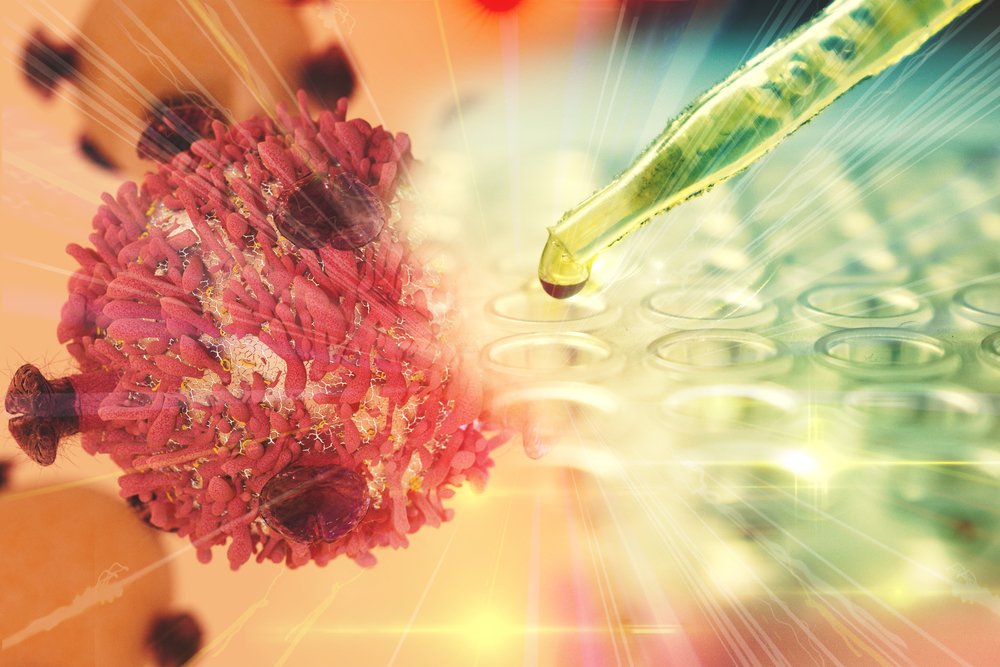Significant progress has been made in the fight against cancer in recent years, but funding, clinical trial access, and navigating increasingly complex data sets are among the latest challenges, according to leaders of the National Cancer Institute (NCI).
During a recent presentation at the annual meeting of the American Association for Cancer Research, outgoing NCI Director Norman Sharpless and incoming Acting Director Douglas Lowy offered an optimistic perspective about the state of the field. “Now is an exceptional time in cancer research,” Sharpless said. “The tremendous progress we have made … is amazing.”

Sharpless, who is leaving NCI to become acting commissioner at the U.S. Food and Drug Administration, offered several data points to quantify that progress. That includes a robust pipeline of cancer drugs either newly approved or granted expanded use; nearly 20 new therapies were approved last year alone. Focusing on metastatic melanoma—a diagnosis that 10 years ago was virtually untreatable–Sharpless showed that survival rates have risen from about 10 percent to nearly 60 percent today.
With recent oncology successes have come a surge in new scientists dedicating their careers to cancer research. That promising trend has an unfortunate effect: ferocious competition for a limited research budget. Lowy noted that applications for a key type of research grant have risen from about 4,000 in 2013 to more than 6,000 last year despite a fairly stable institute budget. To help address that issue, Sharpless said, more of the NCI budget has been allocated to early-career scientists to help them focus on research instead of on grant applications.
Another challenge lies with clinical trials, the biggest hurdle any new drug candidate has to clear to be considered for regulatory approval. Historically, only a small percentage of cancer patients participate in clinical trials — in part due to restrictive acceptance criteria as well as inconvenient trial locations. According to Sharpless, NCI has designated an extra $30 million per year to modernize clinical trials, making them more innovative and nimble, lowering barriers to entry, and making it possible to accept patients wherever they receive treatment.
Cancer researchers are also adapting to a world of big data, which counts as both opportunity and challenge for this community. Making the most of the enormous data sets being generated requires cutting-edge infrastructure, common standards, interoperability, and the ability to layer many types of data together and pull out meaningful insights. In one example of how NCI is delivering on this, Lowy cited the recently announced initiative for childhood cancer data. It will involve establishing a national database and enable “better and faster sharing of data” both in the U.S. and around the world, he said.
“The progress we are seeing is tremendous,” said Lowy, “but we still have much to do.”
Experts Note ‘Tremendous Progress’ on Cancer
Significant progress has been made in the fight against cancer in recent years, but funding, clinical trial access, and navigating increasingly complex data sets are among the latest challenges. "Now is an exceptional time in cancer research,” says the director of the National Cancer Institute, “the tremendous progress we have made … is amazing.”

















